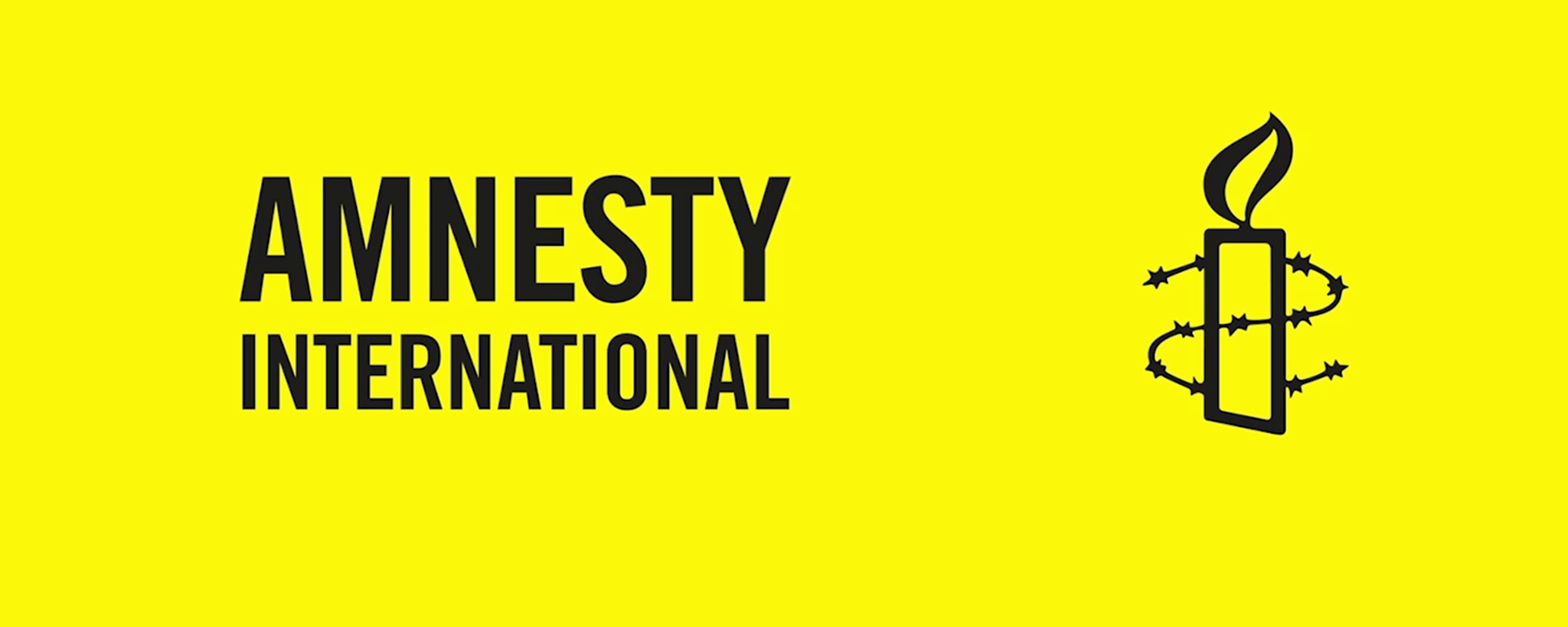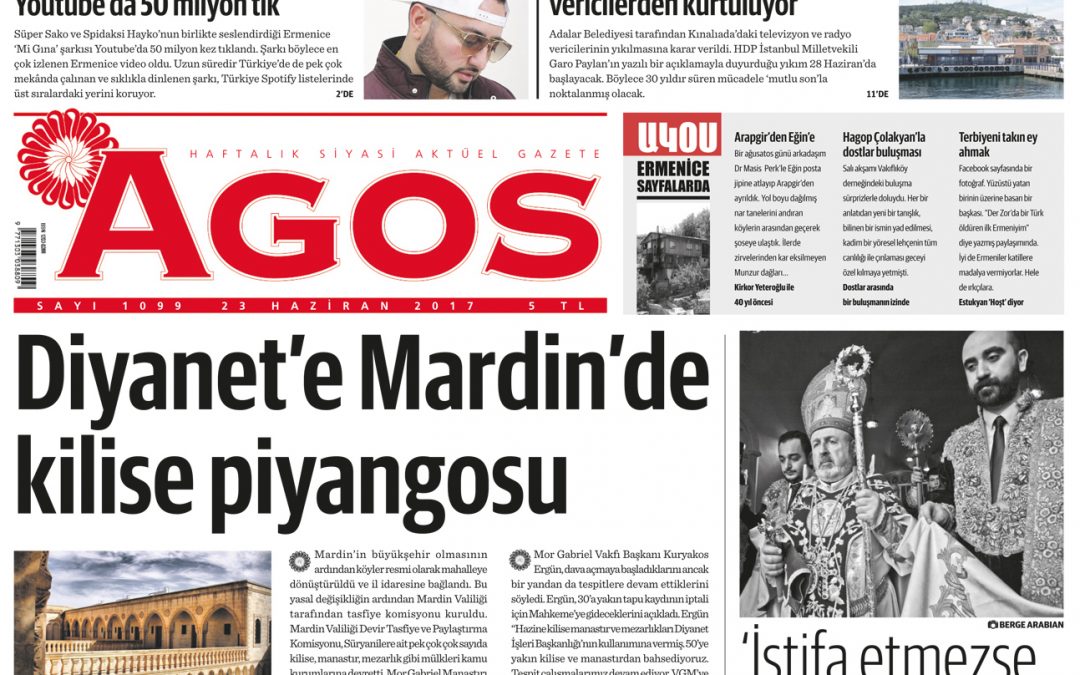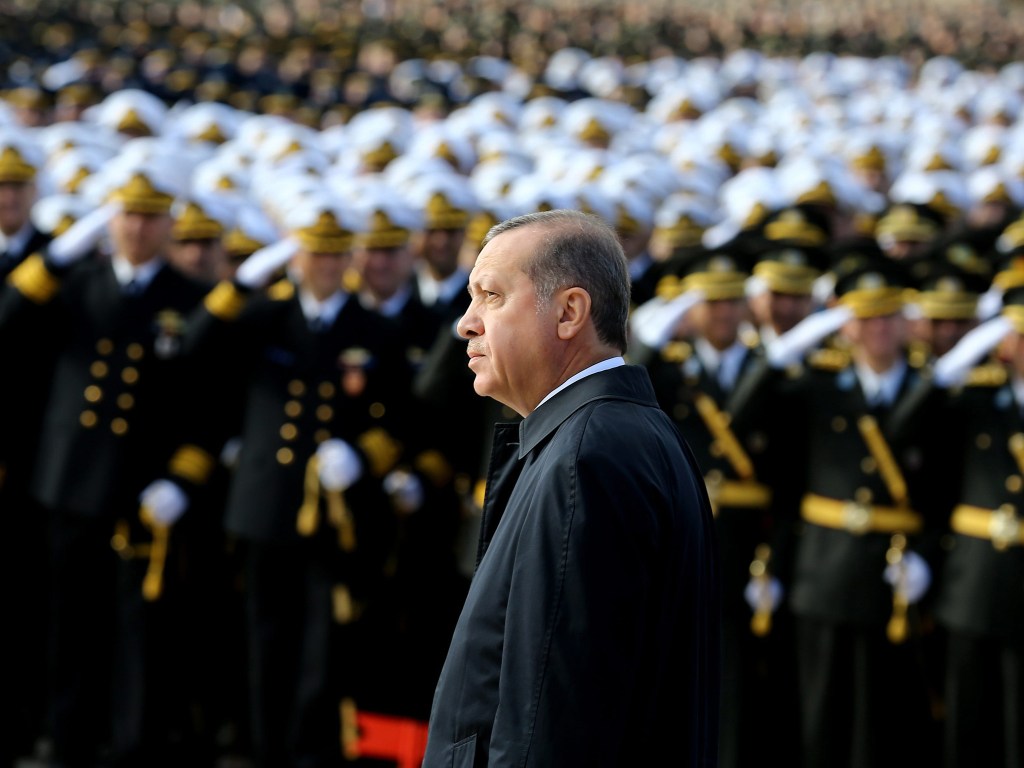Today, Amnesty International released its Annual Report on the state of human rights around the world. The section on Turkey was scathing, with rights violations becoming more and more frequent across the country. The continued state of emergency, in place since the July 2016 coup attempt, has allowed the government to pass decrees without oversight. The April 2017 constitutional referendum gave further extensive powers to President Erdogan. Indeed, even Amnesty International members İdil Eser and Taner Kılıç, alongside other human rights defenders, have been persecuted.
Thousands of criminal prosecutions were undertaken against civil society in 2017, violating the right to freedom of expression. This has continued into 2018, with 786 detained in the last month just for criticising the Afrin operation in Syria. There are over 100 journalists in pre-trial detention, with media outlets closed via emergency decrees. Administrative blocking orders have been used to censor internet content; for example, Wikipedia has been blocked in Turkey since April 2017. Self-censorship was widely practised by others who feared repercussion.
Prominent human rights defenders, as mentioned, have not been immune to this ruthless crackdown on dissent. The Deputy Chair of the Turkey Human Rights Association (İHD), Raci Bilici, and 20 other members of the Association, have been prosecuted for so-called terrorism offences. The Progressive Lawyers Association (ÇHD), which was shut down by emergency decree in 2016 after taking on human rights cases, had five representatives remain in pre-trial detention during 2017. In November, the ÇHD National Chair Selçuk Kozağaçlı was also detained.
The right to freedom of assembly in Turkey continued to suffer in 2017, with provincial governors imposing arbitrary demonstration bans under the state of emergency. Police used excessive force against those who continued to protest. The annual Istanbul Pride march was banned for a third successive year, and in November an indefinite ban was imposed on events organised by LGBTI solidarity organisations. Official opposition to the AKP government was curtailed. Nine HDP parliamentarians remained in prison for the year of 2017, including the two leaders. Sixty mayors of the HDP sister party, the Democratic Regions Party, also remained in prison, with unelected pro-government officials replacing them.
In regard to the intensive crackdown on the Gulenist movement, Amnesty International reports that over 50,000 people charged with FETO membership were in pre-trial detention during 2017. A similar amount were released on bail but with harsh reporting requirements. Very few were accused of direct participation in the coup; recently the Turkey Minister of Justice revealed that 89% of those detained were not involved. Arbitrary and punitive pre-trial detention has become routine. Officials have made prejudicial statements regarding cases under investigation, and the judiciary has become monopolised by pro-government members. A third of Turkey’s judiciary has been dismissed or detained.
For those detained, instances of torture and ill-treatment remained a serious problem in 2017, although not as frequently reported as the weeks immediately after the 2016 coup attempt. There have been no effective investigations into the state officials responsible. Turkey has continued to deny the European Committee for the Prevention of Torture to publish its report on these allegations. In fact, impunity for human rights violations reigns in many sectors of Turkey’s society. Investigations into cases that the government has no interest in, such as that of Berkin Elvan who was killed by a tear gas canister in the 2013 Gezi Park protest, or of human rights lawyer Tahir Elci who was fatally shot in 2015, have been delayed by failure to obtain CCTV footage.
Emergency decrees have further facilitated a shocking amount of summary dismissals, with nearly 20,000 workers dismissed in 2017. This bought the total number of dismissals since the July 2016 coup attempt to 107,000. Branded as ‘terrorists’ and ‘traitors’, these people have lost employment benefits such as healthcare and pensions, and have struggled to find jobs elsewhere. Despite an appeal Commission to assess these summary dismissals being announced in January 2017, it was not established until July and has ruled on less than 100 cases. Furthermore, the Commission has been criticised as non-independent, and the European Court of Human Rights ruled it as an ineffective remedy.
On top of these serious rights violations, Amnesty International reports on the troubling circumstances of internally displaced people and refugees in 2017. Many of the 500,000 displaced during the 2015-2016 curfews in southeast Turkey still lacked access to adequate housing, with no comprehensive plan by authorities for their future. In Sur, Diyarbakır, those who had already been displaced lost their homes for a second time when they were forcibly evicted due to a redevelopment scheme. Government clashes with the PKK were also sustained, as were military operations in Syria and Iraq. Many refugees, including the 3,300,000 from Syria alone, lacked efficient housing, healthcare and education, and faced the risk of forcible return.
Overall, the human rights situation in Turkey has gotten worse, with Freedom House downgrading the country to ‘not free’ in 2017. The Amnesty International Annual Report provides a critical review of the numerous rights violations, which are unlikely to be alleviated in 2018.



